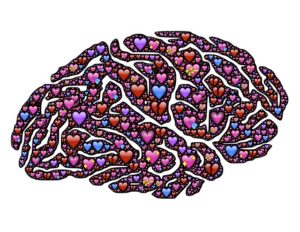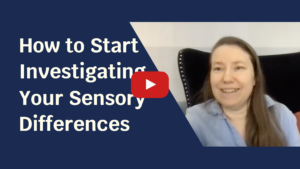
The Many Paths to Social Comfort
There are many parts to the internal work that we do to get reasonably comfortable with people. Here are some common ones.

There are many parts to the internal work that we do to get reasonably comfortable with people. Here are some common ones.

Do you have conflicting thoughts about the idea that self-acceptance can actually work as a way to have better relationships?

Self-acceptance is a nice ideal, but how does it practically get you friends?

Strategies to increase socializing by dealing with the anxiety, or improving social skills, aren’t bad ideas, but they produce limited, short-term results. Here are two reasons why.

A brief, imaginary dip into what “being reasonably comfortable around people” practically looks like.

If your default mode is that people are scary, mean, and tiring, but you still long for good friendships and better relationships, I get that. I’ve been there. And there is hope.

How do you cope with sensory needs when you’re out in public? Here’s a framework and a few tips.

If things are getting harder, if your brain seems to have more trouble coping, if sensory issues are more intense, it can provoke lots of questions. Was I always this way or did something change?

Do you harangue yourself about the things you should do, even when you’re physically unable and they don’t actually, really, absolutely, need to be done?

Now that you’ve figured out you’re in autistic burnout, what do you do about it? Here’s my five part philosophy on how to recover sustainably.

A short primer on what autistic burnout is, and how you get to that point.

Do you want to get better at figuring out your sensory differences, to understand your own body better? Here’s a few ideas on how to get started.

Behavior therapies have been the standard “treatment” for autism for a long time, but are losing popularity. Here’s a little on my position in this regard.

I thought I’d share with you a recent experience my mom had around driving.

Meltdowns are no fun, but it is possible to avoid them. Here’s a framework for how.
We don’t spam or sell. Promise. Unsubscribe at any time.
Read our privacy policy here.
Privacy Policy Heather’s Boundaries (T&C)
The information on this site is not intended or implied to be a substitute for psychotherapy, medical advice, diagnosis, or treatment.
© 2020-2024 Autism Chrysalis LLC.